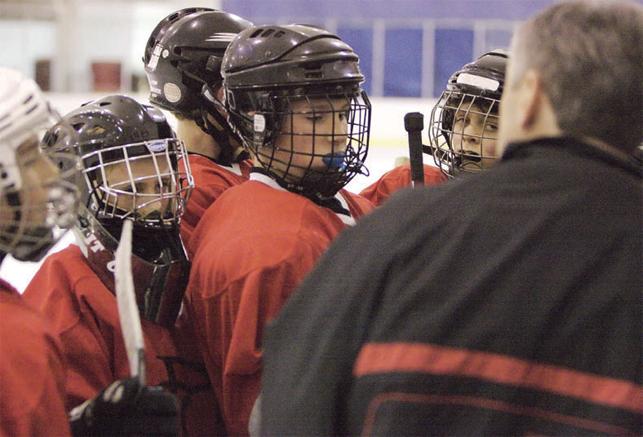
Lessons from Our Children’s Coaches (CTF Report)
Most minor league hockey coaches will agree that knowing the results of last night’s game will not indicate how well your child’s team is performing. What coaches realize — but education bureaucrats tend to ignore — is that they can only assess their team’s performance by watching how they play over time. They note such things as how the players work together, the strategies they employ, the collective knowledge the team gains over successive practices, and how individual players put this learning to use.
Like hockey, education accountability is about much more than yesterday’s score. Large-scale assessments offer, at most, a narrow snapshot of a portion of learner outcomes in a few selected core academic subjects. The education system’s increasing reliance on these narrowly defined indicators inevitably fails to address teachers’ lived experiences, deprofessionalizes teaching, and undermines confidence in public education. Even worse, the narrow focus on a few subjects — or “teaching to the test” — results in the marginalization of students whose learning needs are not being addressed. Critical resources, including teacher time and public money, are directed away from the classroom in order to support large-scale assessments. More and more, it seems that what is counted is all that counts.
As teachers, we understand that an individualized approach to assessment is far superior to large-scale testing. Yet governments across Canada are spending increasing amounts of money on these testing programs. It is nearly impossible to prove that testing, by itself, can improve student learning. What we do know and can prove is that up to 70 percent of the variation in student achievement as measured in large-scale testing is attributable not to what happens in school, but to student, family, and community characteristics.
Like hockey coaches, teachers know their students’ individual strengths, challenges, abilities, and achievements, and are keenly aware of the factors that influence those achievements. These include each student’s interest in and attitude toward a subject, peer pressure, class size and atmosphere, family circumstances, school environment and, perhaps most importantly, the advantages the community at large creates.
Educators understand the research that illustrates the limitations of large-scale assessment systems. Teacher organizations have long advocated for a change in testing and reporting schemes and have questioned the allocation of scarce educational funding to complicated assessment and reporting systems. As individual professional educators, we must speak with confidence about the authentic assessment practices we use in our classrooms and showcase for parents what students know and can do. As a community we should listen to our kids’ coaches.